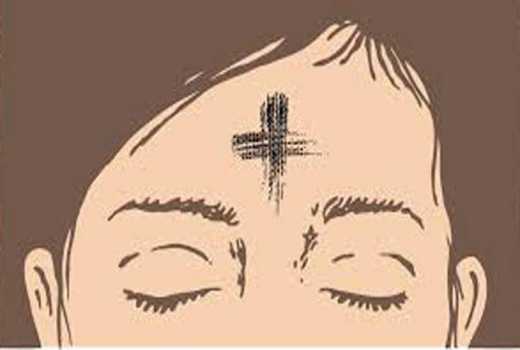×
The Standard e-Paper
Join Thousands Daily

Businesses stocking red roses and wine will be in the pinnacle of making profits. Streets are painted red from Paris in France to Rio De Janeiro in Brazil, New York in USA and to Kenya’s capital Nairobi. Such is the mood of the Valentine’s Day that is entering homestretch on February 14 which love birds cannot dare to miss.
But as love smells in the air, there is another celebration the world’s most popular personality Pope Francis is leading the world to commemorate-Ash Wednesday.